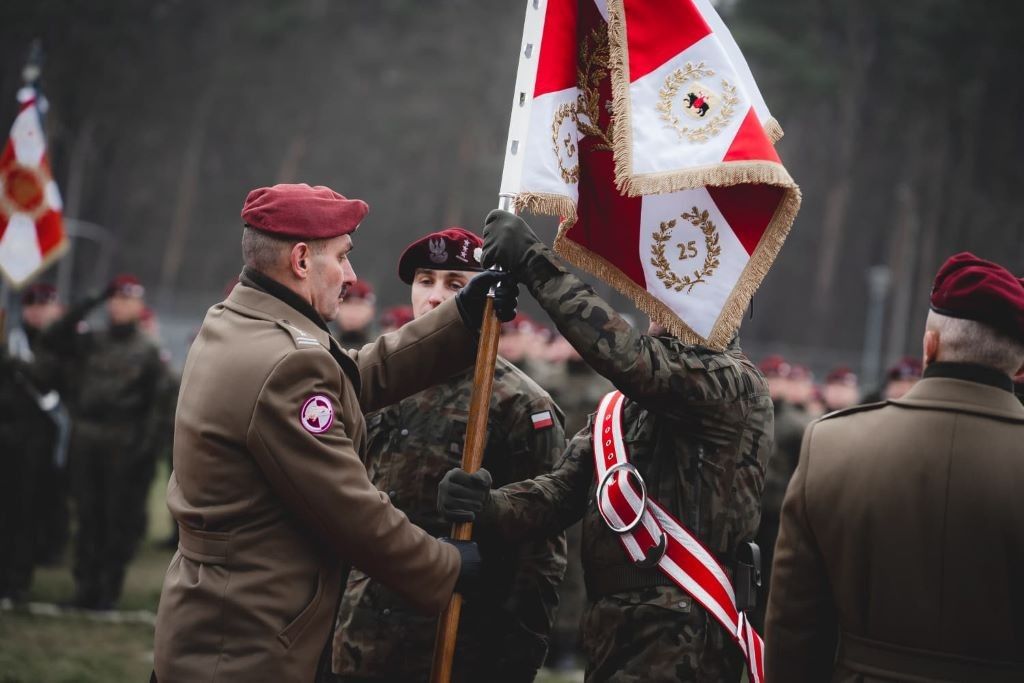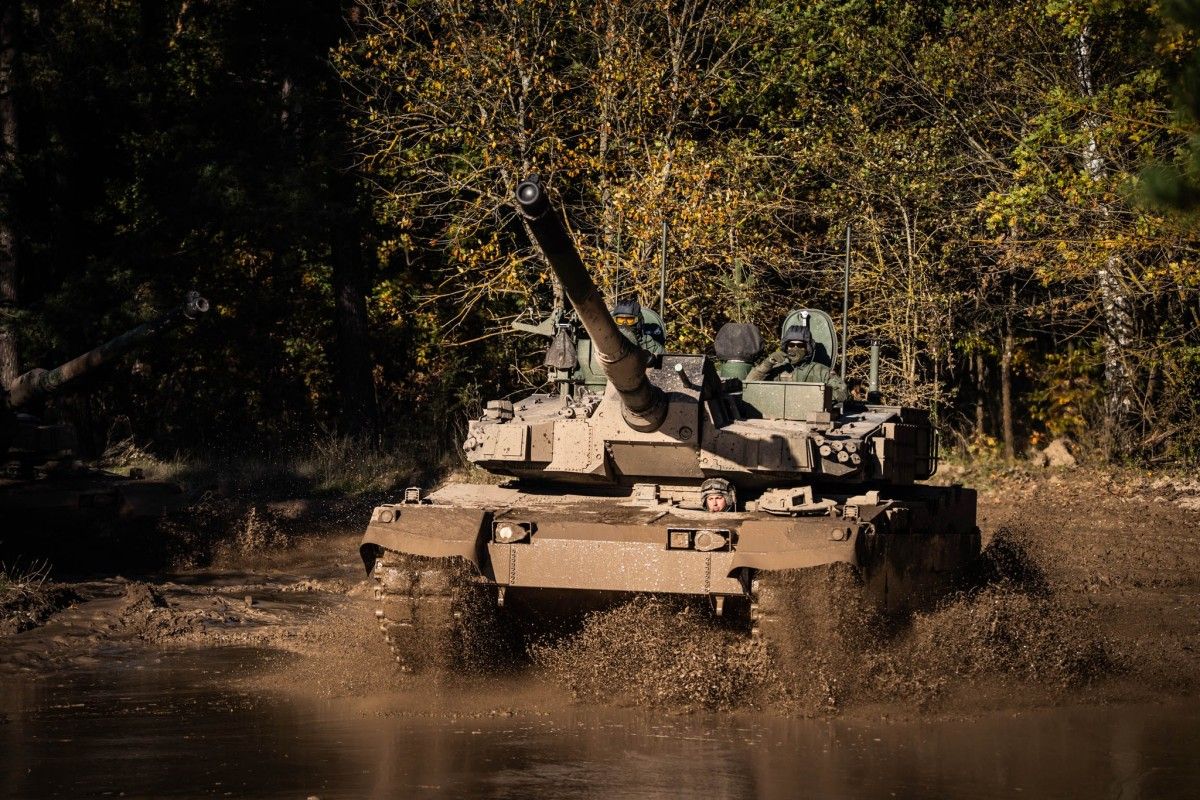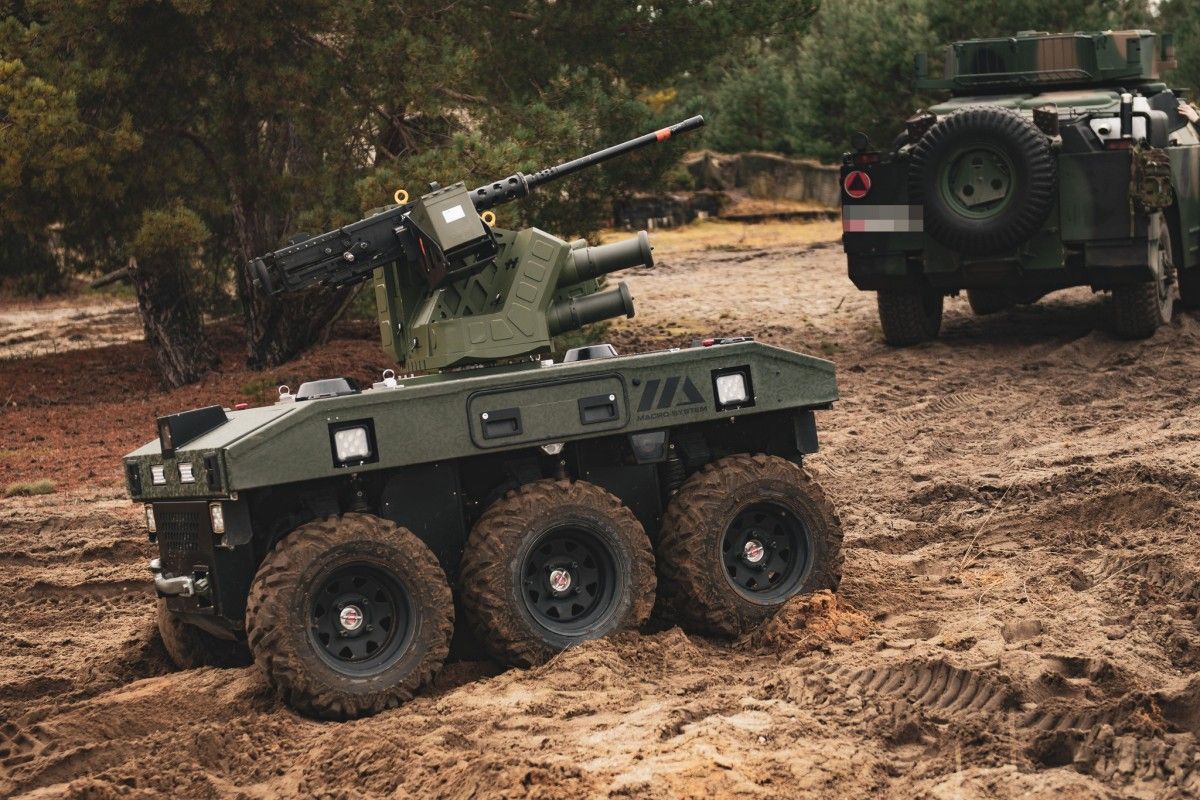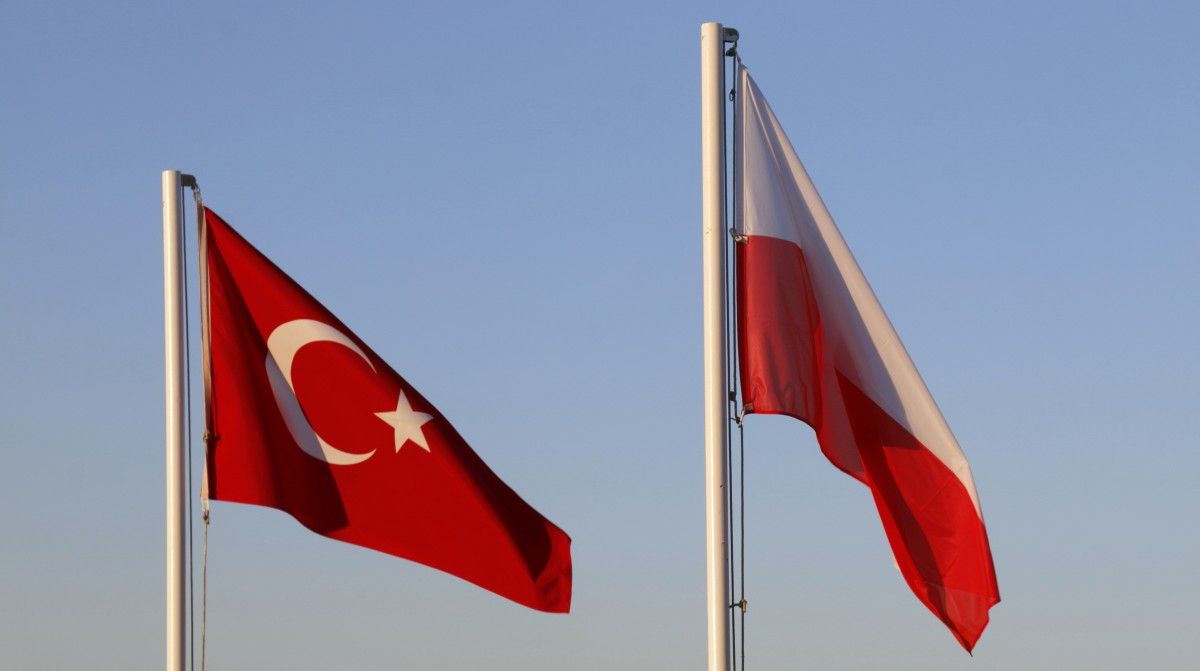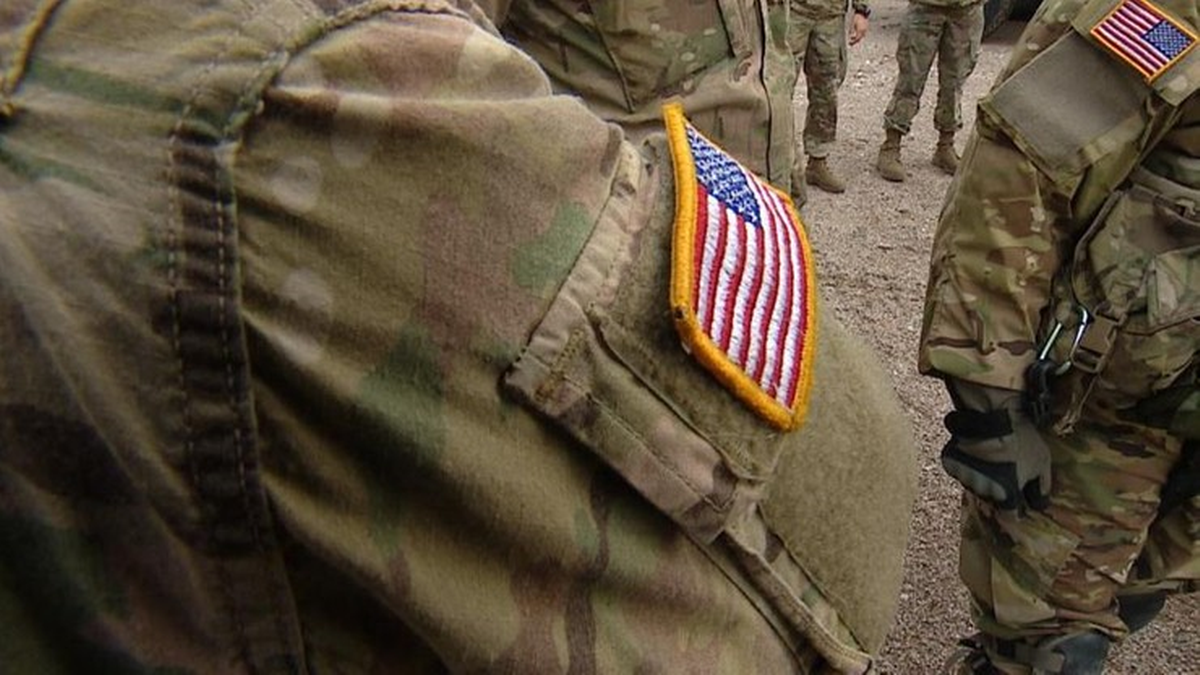The combat team in the GROM Military Unit consists of well-trained soldiers, called operators. “We are able to carry out the mission entrusted to us in any operational domain, on land, in the air, at sea, or in cyberspace,” says ‘P.,’ the officer holding a command position in the combat team. “The combat team is a precise tool in the hands of the unit commander. Its power is the people who are not here by chance. The soldiers are selected and then trained for many years, after which they are finally ready to perform the most difficult tasks,” adds ‘K.,’ a non-commissioned officer of the combat team.
There are three combat teams in GROM, and their names are simply the first three letters of the alphabet: A, B, and C. “All teams have the same scope of activities, they are also homogeneous in their structure,” P. explains. He adds that they operate in time-specific cycles: “For example, Team A is ready to perform tasks outside Poland for six months, Team B to perform tasks in the country, Team C is recreating its combat capability during this time. They change every six months,” says the operator. Each team is divided into groups, and these in turn into sections. In addition, the team includes command and logistics security groups.

The most valuable in combat teams are people. The number of GROM operators is unknown, what we know, though, is that they are soldiers perfectly trained in specific specializations. “They, of course, evolve as a result of changing threats, but it can be assumed that the main ones are: section commander, deputy section commander, communications officer, breacher – pyrotechnician, medic and dog guide,” P. says. Each of them has their additional specializations or tasks adapted to, among others, the section profile. Snipers are a separate team of specialists.
Becoming a member of the operators’ team is long and very demanding. The prize is... Read the article to the end.
First, Cooperation
“Service in GROM is for the people who are... How to put it in one word? Who are brave,” K. says. However, the tasks that operators face are not the only ones that require courage. “Courage is needed already when someone decides to join the selection. Or even earlier – the moment you start preparing for it. In the unit where I served before GROM, I had many colleagues who, I was sure, would follow me here and also complete the selection. But they didn’t. They lacked the courage, they were only talking about their dreams,” says our interlocutor.
However, let’s assume we have a brave candidate who wants to serve in GROM. What do they have to face? “It is a very demanding and multi-phase path. It starts with selection – this is the first sieve that sifts people who do not meet our requirements,” P. says. The selection is divided into several stages, including interviews with psychologists, exams to check physical condition, and finally a few-day test in the mountains. “Soldiers from combat teams are involved in the selection process from the very beginning. Already at this stage, we catch people with leadership qualities who could lead in GROM. But we also notice such attitudes that disqualify a candidate from service in the team,” P. says. It is primarily about teamwork skills. “It is usually the case that candidates try to create a group, which is not easy during selection because many tasks must be done on one’s own. You can see in them, though, their need to merge with a group. However, there are people who do not feel as part of the team, they like being alone, and they are self-sufficient. This is not bad, but, unfortunately, such personality features prevents joining the combat team,” the operator explains. “The lack of this capability is over everything else to us. This means, you can do great, you can finish the marathon in record time, but if you can’t help a friend, then regrettably, you don’t fit in here,” the soldier adds.
However, the selection process is only the beginning. “The selection is said to be an extreme test, which is very difficult, and exhausting. After a while you see that it was only an episode on your path to the team,” K. admits.

For those who successfully complete this phase and get accepted to GROM, another phase is opening, which is a special operations course (KDS). “We take the candidate who has completed the selection, and we observe him even more closely: let’s see what he’s like, let’s get to know him a little better...,” P. says. During the course, soldiers learn the basic GROM rules, such as fire techniques; tactical activities in the forest, urbanized, and marine environments; working with a group of combat vehicles; handling heavy weapons; the basics of operating with explosive charges; and battlefield medicine or navigation. The course lasts about half a year, and its participants are constantly observed by instructors who assess who should join the team and who will not fit in there. They pay attention to the speed of learning, and how candidates cope within the group. “Those who don’t meet the requirements to become operators, after completing the course, go to GROM support teams. That’s a great solution. These people know the basics of being an operator, so when there is a joint task, everything is easier, because we don’t have to explain anything to them,” P. explains. Those who have been noticed to have an ‘operator’s gene’ during the course, go to the operator basic course.
Hitting the Wall
“I think that no combat team in Poland has such a course. The way we conduct it is exceptional,” says K., explaining that the course participants carry out their tasks for real. “During the basic course, you use live ammunition and real charges. This is the only way you can learn how to control yourself, but it will also make you fully aware that the lives of your colleagues are in your hands, as well as, above all, the lives of those you want to save,” P. adds.
The basic course lasts six months and is divided into stages: advanced level of close- quarters battle training (CQB) and training in the urban field and marine environment as part of the assault section. “This is a continuation of training in the basics of the GROM operating, learning what is most important in our unit, and what members of a combat team must be trained to do,” P. emphasizes.

The entire course is not only about learning but also about testing and knowledge verification. Candidates are evaluated and tested to see if they acquire the knowledge that instructors teach them. Unfortunately, even at this stage, it may happen that one’s dreams of being a combat team member must be put away in a drawer signed ‘for later,’ or sometimes even ‘never.’ “It happened many times that in the last weeks of the course people fell out of it. Sometimes they were excluded by an injury or a random event, and sometimes they simply did not keep up with others. We don’t need such people in our group, because there is even more you must learn later,” K. explains.
GROM operators say that the basic course is this part of the path to becoming a GROM soldier, which years after you recall as the most important. “You experience such things here... Sometimes you feel like you’ve hit the wall. This wall is fatigue, great pressure, but above all this awareness of what can happen when even for a moment your thoughts escape from the task the moment you hesitate. You can hurt yourself, you can hurt a friend,” says P. “On the other hand, every day you notice that you can do more. That everything you do makes sense and is for a reason,” K. adds. The operator admits that although completing each stage of the path to GROM was a victory for him, the completion of the basic course was exceptional. “For the rest of my life I will remember the moment when Aleksander Tarnawski, one of the Silent Unseen (Cichociemni), handed me an arched patch, the symbol of the Silent Unseen and of belonging to the combat team,” K. recalls. As long as the Silent Unseen soldiers had lived since they were the patrons of GROM, there was a tradition in GROM that they had been the ones to give patches to new operators at the end of the course. This was the moment when they handed down their duty to Homeland to another soldier. Still, even that moment, although extremely pleasant, was only a start to meet their next challenges.
Comfort Zone
Joining a combat team is not easy. “The process of becoming a full-fledged operator takes about three years of service in the section. To begin with, you have to show what you can bring to it, where you can be useful,” P. says. Young operators begin specialized courses, which they are directed to by the section commander. “It would also be desirable for such a man to go on a mission to test himself in an operation. When we participated in the mission in Afghanistan, it was shortly after we joined GROM,” P. emphasizes.

The GROM commander has a tool, which helps him to verify an operator in the same way as the mission does. It is a parachute training. “I participated in a real battle, in live fire exchange, and I remember very well what feeling accompanied me, as a soldier. I also know what feeling accompanies me when I do parachute jumps in GROM. You can find many similarities in both situations: stress, adrenaline, and the necessity to make quick decisions. We are trained to outsmart the opponent in the fight to ultimately win against him. It is the same in parachuting. We know how to make a safe jump. We know the scheme, we know the procedures, same as in an actual battle – we know what to do to win. We can’t be sure of one thing – what fate will bring us. Exchange of fire and parachuting are very similar in this aspect,” says K.
Service time in GROM runs quickly, and for many operators, this environment becomes... a comfort zone. “The functioning in the combat team must be dosed to avoid professional burnout. It is impossible to keep a person on the team for many years at the level of commitment that GROM is about. We have to stimulate him somehow,” says P. For that reason, soldiers are directed to other groups or GROM departments. “Rotation in specializations is also aimed at expanding the operator’s qualifications. After some time, they come back to us with new skills, and at the same time with a hunger for their service as an operator,” P. explains.
It Makes Sense
Those who discover this hunger have a way to satisfy it, although GROM’s tasks are still changing. “Until recently, our activities were focused mainly on fighting against international terrorism. The year 2022 has changed a lot. There was a redirection to another type of threats and preparation for them. The fact that we are a neighbor of Ukraine and that we have a joint enemy motivates us enormously to learn from the soldiers who are fighting at the front-line. What skills are valuable for us now? Certainly, those related to unmanned systems, new technologies, areas that are not directly related to human activity,” P. says. “We are analyzing how to accommodate the special forces within these new challenges on the new-generation battlefield. We certainly can’t allow these very specialized teams to be wrongly tasked, and in consequence, lost. It would be an irretrievable loss,” he adds.

New challenges for GROM do not change the most important task – performing hostage release operations. “This is the DNA of GROM,” the operators emphasize. How many lives have they saved? “The quieter about it, the better,” is the answer you get. Let’s put it differently: What does the hostage-release operation look like? “First of all, you have to be aware that carrying out such a mission is the overriding goal of the operator’s life. We are ready to sacrifice our lives to save someone else. That’s what we train for and that’s what we’re the best at,” P. says. Such missions require perfect planning and repetition. “We perform them very often in facilities similar to those in which the actual mission will take place. If we are to enter a building, we build a model of it. We practice every stage of the mission to perfection. Every operator knows exactly what to do,” K. says. The key to a successful mission is to surprise the opponent. “We want to do it on our terms so we can decide what’s next,” he adds and says that the team’s strength is the ability to adapt to sudden changes in situations where the opponent operators’ actions are other than planned. For example, when the opponent starts killing hostages. “We are ready for anything,” P. says.
Not everything always goes according to plan. GROM soldiers are not miracle workers. “The effect of the mission is to save a hostage’s life and to return safely home. Fate, however, can be cruel,” K. says, recalling the operators who lost their health and lives carrying out their tasks. “Fortunately, GROM leaves little room for fate to show off. We simply do our part,” he concludes.
_________
Translated by Anita Kwaterowska

